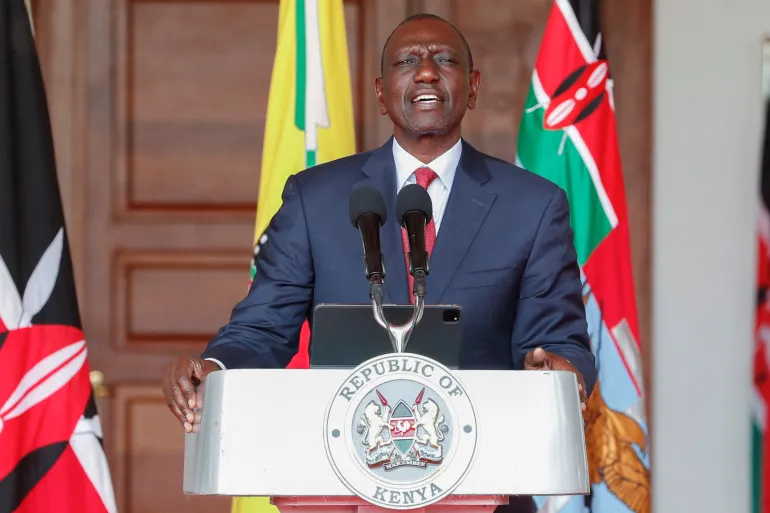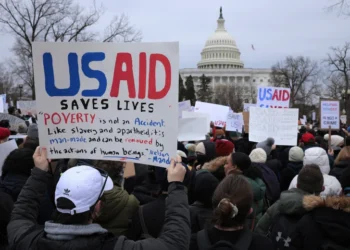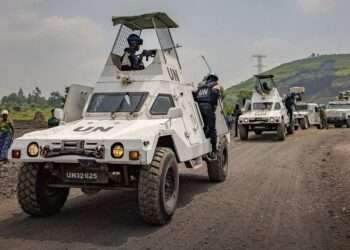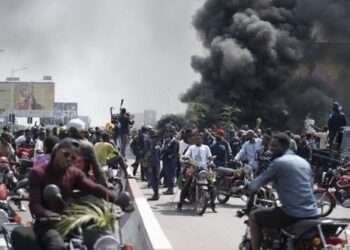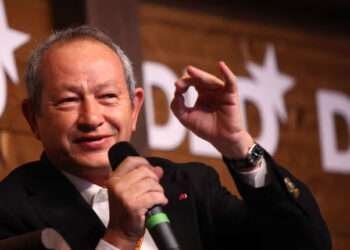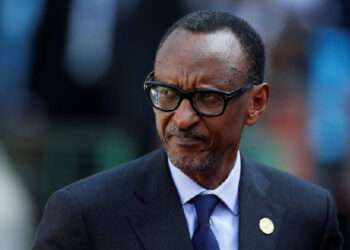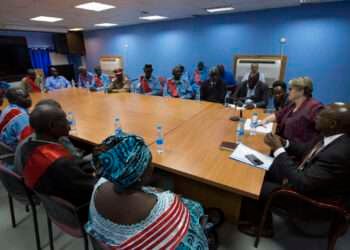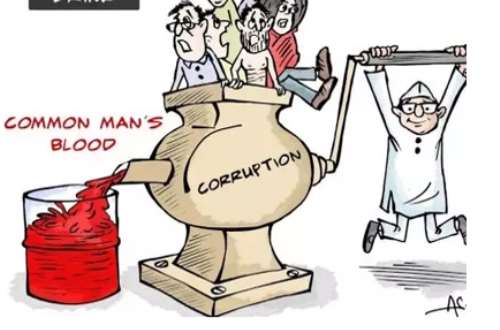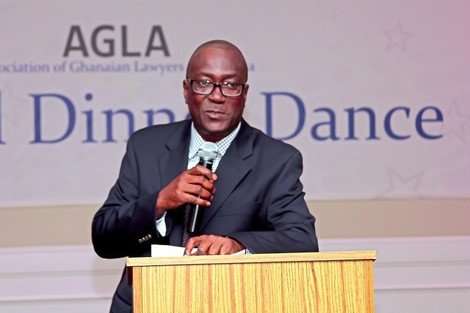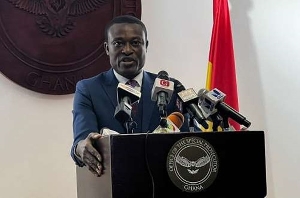Kenyan MBA student Nelson Amenya has found himself at the center of a national firestorm after exposing what he described as a controversial deal between the Kenyan government and the Adani Group, an Indian multinational conglomerate.
The 30-year-old, studying in France, leaked documents detailing a proposed $2 billion agreement to lease and modernize Jomo Kenyatta International Airport (JKIA), the largest in East Africa.
This revelation reignited the debate over Kenya’s history of opaque government contracts, often marred by allegations of corruption. Critics say the agreement, as outlined in the documents Amenya received, would have prioritized Adani’s profits at Kenya’s expense.
“The first feeling I had [when I was passed the documents] was that it was just another government deal … I did not understand the magnitude or the seriousness of it,” Amenya stated.
The documents suggested Kenya would shoulder the bulk of the financial burden for the airport’s overhaul while reaping limited benefits. Amenya felt the arrangement posed significant risks to Kenya’s economy, with clauses potentially obligating the government to compensate Adani if it failed to recover its investment.
Amenya’s decision to leak the documents in July sparked immediate outrage. Workers at JKIA staged strikes, demanding the deal be scrapped. The revelation also resonated with transparency activists, who hailed Amenya’s courage in exposing what they viewed as a deeply flawed proposal.
“It felt like a duty for me, for my country. Even if I am far away, I still have a duty for my country,” Amenya said.
The public backlash also highlighted allegations that Kenyan authorities bypassed legal requirements, including public consultation, which are meant to safeguard taxpayer interests.
“[The authorities] never did due diligence for this company… they did not follow the due process of procurement,” Amenya alleged, accusing government officials of attempting to fast-track the agreement without scrutiny.
The Adani Group, known for its global infrastructure and energy projects, dismissed Amenya’s allegations. A spokesperson said the proposal adhered to Kenyan regulations and aimed to create “a world-class airport” while boosting the local economy.
“Every project we undertake is governed by a strong commitment to compliance, transparency, and the laws of the respective countries in which we operate,” the company stated.
Although Adani maintained that no binding contract was signed, Kenya’s handling of the negotiations fueled further suspicion. A report by the Kenya Airports Authority in April noted a lack of stakeholder consultation, a concern echoed by activists and opposition leaders.
While Amenya’s disclosures ignited public opposition, it was a separate development that ultimately led to the deal’s collapse. In August, the U.S. indicted Gautam Adani, the Adani Group’s founder, on bribery charges related to a $250 million scheme.
Days later, Kenyan President William Ruto announced the cancellation of both the JKIA agreement and a separate multimillion-dollar power line deal with Adani.
“In the face of undisputed evidence or credible information on corruption, I will not hesitate to take decisive action,” Ruto declared during a state-of-the-nation address, drawing cheers from lawmakers.
A Whistleblower’s Price
Amenya’s role in exposing the deal earned him widespread admiration, but it also came at great personal cost. Soon after the leak, he was sued for defamation by an Adani Group representative and a Kenyan politician. He also received threats warning him against returning to Kenya.
“I have received threats from credible intelligence agencies and people in Kenya… obviously, some people are very angry with what I did,” Amenya revealed.
Despite the risks, he remains steadfast in his decision to speak out. “We don’t really need to wait for someone to save us,” he said, adding that the experience solidified his resolve to fight corruption.
President Ruto, however, has criticized opponents of the deal, questioning their motives and knowledge of infrastructure development. At a public event in December, he challenged detractors: “What do you gain when you stop the building of an airport in your country?”
While Amenya’s leak marked a victory for transparency advocates, it has left lingering questions about Kenya’s approach to public-private partnerships. The incident underscores the need for greater accountability and legal safeguards in managing major infrastructure projects.
For Amenya, the fight is not over. He is now fundraising to cover his legal expenses and continues to call for systemic changes to combat corruption. “It would have been the biggest mistake of my life to give up,” he said.
READ ALSO: Medikal Eulogizes Shatta Wale for Advice
